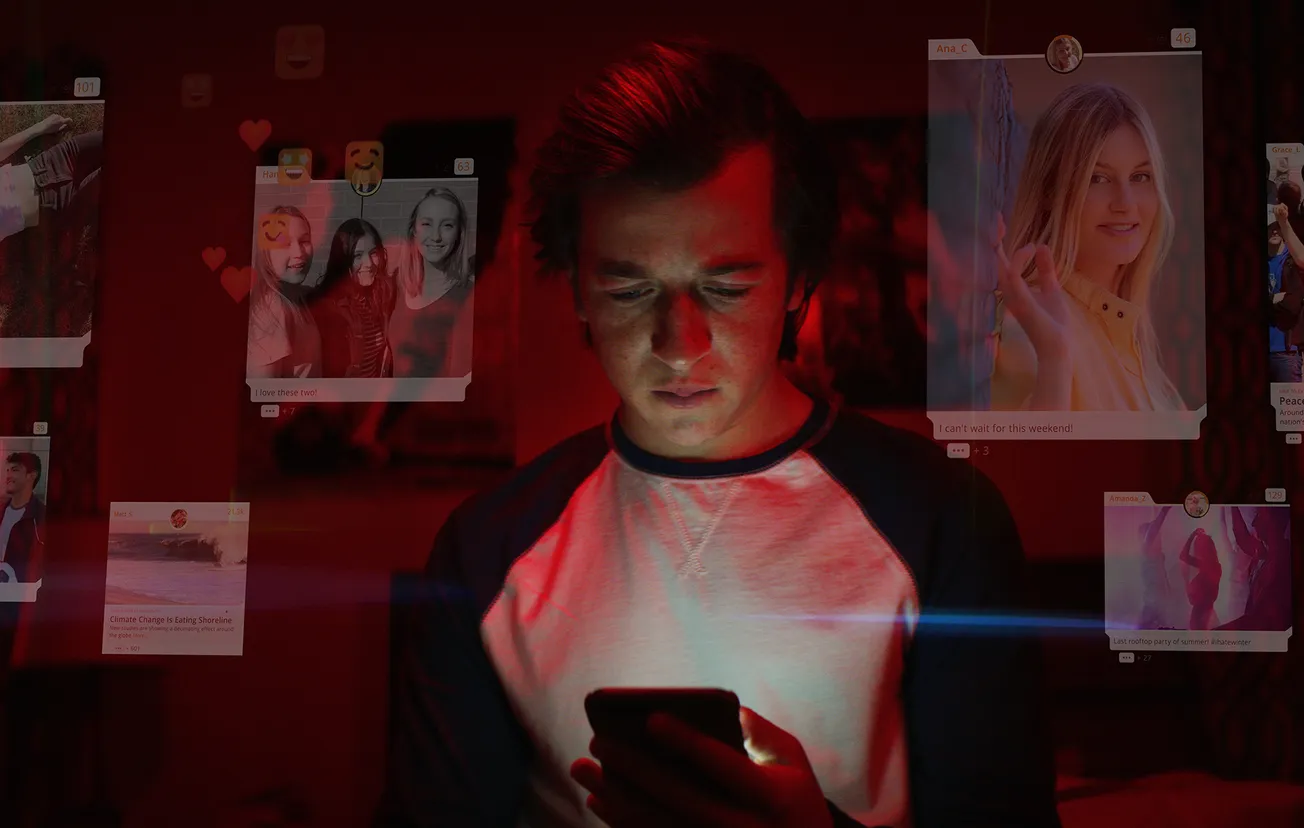Table of Contents
A handful of ex-employees who designed software for social media companies left their jobs and are on a mission to tell the world about the manipulative software they now regret. A cynic might suggest they’re after their own slice of media revenue.
When I was there I felt it was a force for good. I don’t feel that way anymore.
On the surface this is a public service to appease their conscience. They are concerned about the social costs associated with social media addiction and the unethical sale of the huge amounts of data about social media users.
If you are not paying for a product on social media, then you are the product.
Tristan Harris worked for Google and says ethical design must be introduced to the tech industry. He says “no one is making social media less addictive and never before have 50-odd tech designers had so much influence on so many people.”
Harris presumes people are gullible, and in part he has a point. Knowing how easy it is to manipulate kids, the techies in this docu-drama don’t allow their own children access to social media platforms. They say computers have moved away from a tool-based environment to a manipulative one.
The drama unfolds throughout The Social Dilemma documentary beginning with the family sitting down to dinner constantly checking their phones but not talking to each other.
Replacing real life relationships with digital social media ones results in a distorted sense of approval which is measured by likes, upticks and digital responses. There’s also something called “snapchat dysmorphia” where people don’t like themselves as much as their filtered images.
Naturally, the social consequences of family malfunction are anxiety, depression and suicide, which increased during 2011-2013, coinciding with the growth of social media. Testing showed that children consistently underestimated the amount of time spent on a social media site.
The filmmakers say social media is the trigger to a generation of anxious, fragile and depressed kids, and that for every hospital admission there is a traumatised family. They say controls were put on advertising during children’s television but no controls exist on social media.
Computers know so much about people but we know next to nothing about the algorithms controlling us, the AI. What this means when we hand control over to a computer to search the internet the computer will take us to the sites it knows will appeal. That site may or may not be fake news. But fake news is not restricted to social media, we also need to exercise discernment with news media.
They say the software is constantly developing to stay ahead of the competition and collect more data they can sell to advertisers.

Social media companies are the wealthiest in history, they are motivated by money, the more information they collect about users the more revenue they earn.
Computers know exactly how much time we spend looking at certain sites, and we are constantly led to other sites. Selling our interest to advertisers can be likened to dealing in human futures albeit on a much larger scale.
The process is three-fold: first the computer model predicts our interest; next it encourages us to engage further with the site – that’s the growth phase where success is measured in increased user hours; and the final stage is to make as much money as possible from the advertisers.
The process of tailoring websites creates a digital platform of tribalism and subsequently culture wars. Polarisation results because computers don’t have a conscience, they can’t make moral or ethical judgement. Computers use the attention extraction model, which doesn’t bode well for humanity.
The filmmakers lament the lack of leadership in technology today and finish with a few tips on controlling social media rather than it controlling you. Turn off notifications, never accept recommendations, always fact check before you share and keep your children away until they’re in high school. Even then, work out a time schedule with them and develop healthy conversations and relationships outside social media.
This is well worth a watch because it encourages an examination of the importance of social media in our lives.
If you enjoyed this BFD post please share it.









